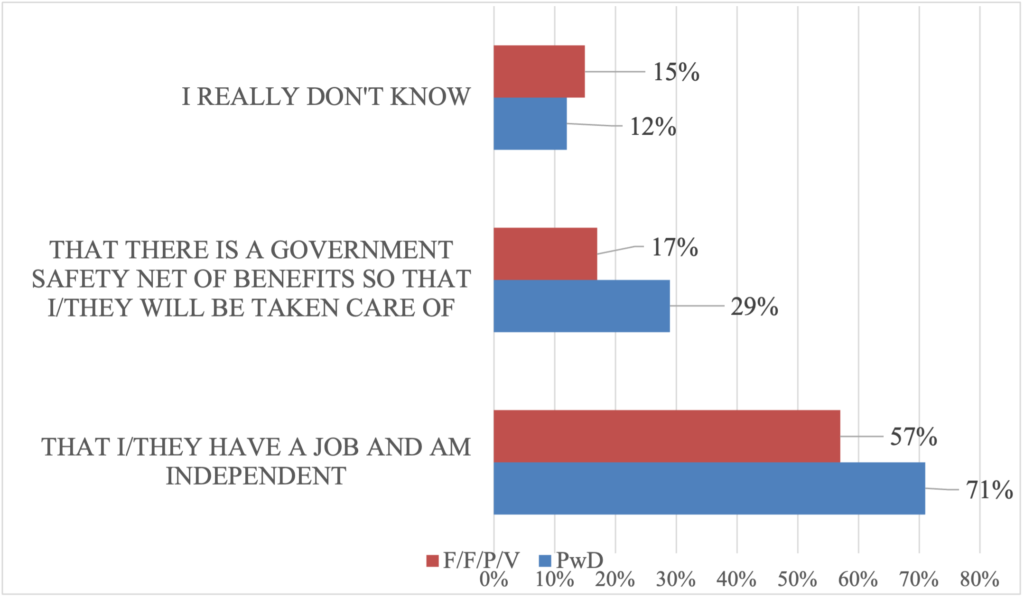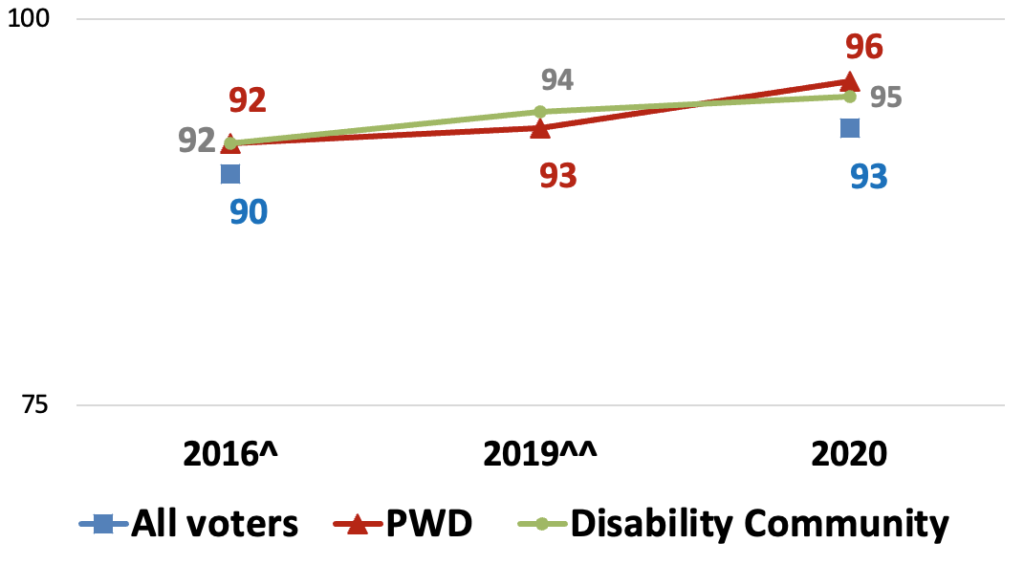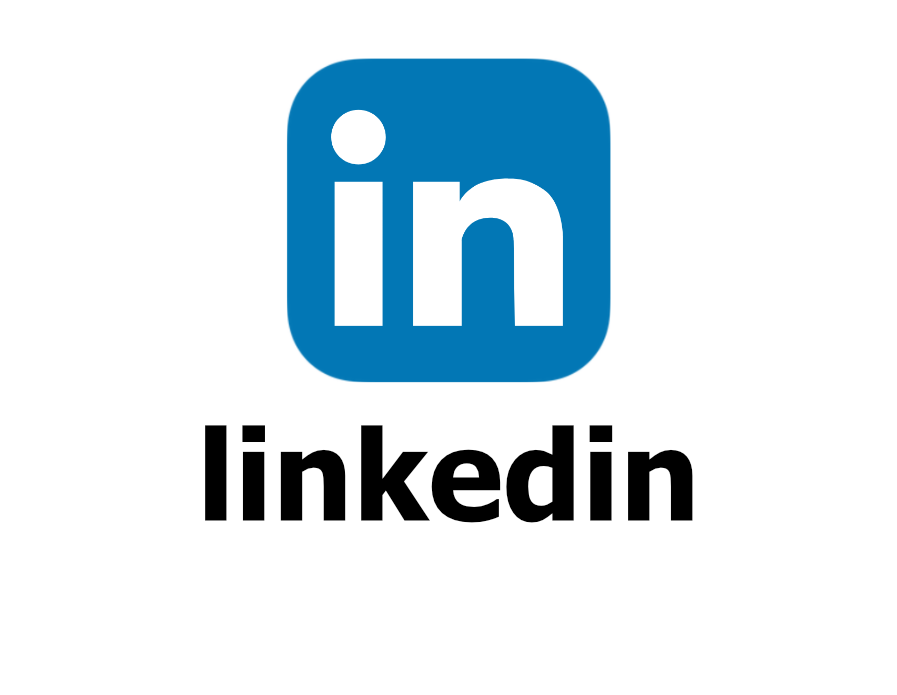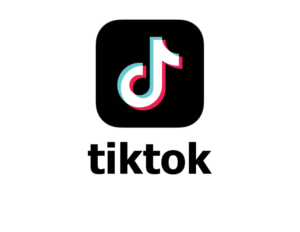Employment: Belief in the Dignity and Importance of Work
The data clearly show that the disability community feels the weight of low expectations. Less than one-third of people in the disability community surveyed think that society expects someone with a disability to work. This stands in stark contrast to the reality that people with disabilities overwhelmingly want to work and contribute to society. In fact, fully 85% of people with disabilities say that having a job is important to their happiness.
Question: How important is having a job to you/your friend/ family member’s happiness?
| Person with a Disability | Friend, Family Member, Support Professionals & Volunteers | |
| Extremely Important | 58% | 55% |
| Somewhat Important | 27% | 22% |
| Neutral | 10% | 14% |
| Not Very Important | 2% | 3% |
| Not Important at All | 3% | 6% |
(RespectAbility Disability Community Survey, November 2013)
People with disabilities want to work! Despite the findings that more than 70% of people with disabilities and nearly 60% of their close friends, family members, support professionals and volunteers polled want jobs and independence more than benefits, less than one-third of people in the disability community surveyed think that society expects people with a disability to work. Yet 85% of people with disabilities say that having a job is important to their happiness. It should be noted that there was no partisan split for people with disabilities on this question. More than 84% of democrats, independents and republicans indicated the same.
Nearly three out of four people with disabilities polled said that it is more important to them to “have a job and be independent” than it is “that there is a government safety net of benefits so that I will be taken care of.” This holds true across political party lines.
Question: Which is more important to you?

Words That Work
Our communities are at their best when all people, including people with disabilities, have the opportunity to get skills, jobs and succeed.
People with disabilities bring unique characteristics and talents to workplaces that benefit employers and organizations. Stephen Hawking was a genius who happened to use a wheelchair. People with disabilities can work in hospitals, hotels and excel in computer programming, software development and in many other areas of information technology and other fields.
Companies including JPMorgan Chase, Starbucks, Bank of America and Coca-Cola have shown that employees with disabilities are loyal, successful and help them become more profitable. If we find the right people for the right jobs it can increase the bottom line of all sorts of companies.
Government policies that help people with disabilities get and keep jobs are a win-win because they allow people with disabilities the dignity and financial benefits of work. Those same policies also grow our economy and save taxpayer money.
What Doesn’t Work
Over the course of conducting this research, we have seen a push among friends, families and support professionals to encourage companies to hire people with disabilities because it is the “right thing to do.” They also suggest that employers should weigh their needs against the value of a person with a disability. We know from additional research with Republican decision-makers that this is NOT a winning message strategy.
Emphasis on the Strength of What People with Disabilities Can Do, Not Complaining
| 1st Choice | Comb | Dem 1st Choice | Rep 1st Choice | Ind 1stChoice | |
| People with disabilities bring unique characteristics and talents to workplaces that benefit employers and staff. People with disabilities can bag groceries, tend our parks and schools, and be super talents in developing computer software.* | 37% | 66% | 37% | 33% | 36% |
| Our nation was founded on the principles of “All Men Are Created Equal.” Fifty years after Martin Luther King, Jr. delivered his “I Have a Dream” speech, we still need to reach our civil rights goal. People with disabilities deserve to be able to work to achieve the American dream just like anyone else. | 23% | 46% | 25% | 17% | 23% |
| We cannot afford to have more than 10 million Americans at home collecting benefits when they can help make America stronger. Keeping a disability unemployment compensation system that costs taxpayers $350 billion a year is financially unsustainable. Every American who can work should be encouraged and supported to do so. | 21% | 37% | 19% | 28% | 24% |
| Companies like Walgreens, Bank of America and others have shown that employees with disabilities add to their companies’ profitability. They are very qualified and help them make more money. If we find the right jobs for the right people it can and does increase the bottom line of companies. | 17% | 40% | 17% | 16% | 19% |
| Companies that have diverse employees, including people with disabilities, are more likely to get government contracts. New regulations mean that companies who hire people with disabilities will be favored in government contracts. This will help them make more money. | 3% | 9% | 3% | 3% | 2% |
(RespectAbility Disability Community Survey, November 2013)
* While the overall messaging from this survey tracks still today, the language of “super talents” is not preferred within the disability community and is not recommended.
It’s important to note that while the ADA has been largely successful at ensuring physical access to public places, it’s also the law that allows for discrimination lawsuits. Anecdotally and via focus groups, RespectAbility has heard on numerous occasions that people and organizations within the disability community use ADA “threats” as a strategy to achieve outcomes. For example, “I just told that company that it would be a whole lot cheaper to install an electric door with a push button than it would be to defend a lawsuit and pay damages for not installing one.”
This is true and it’s important, but it also plays into a preconceived notion on the part of employers that hiring and accommodating people with disabilities can be costly and fraught with legal actions. More research is needed on this subject especially as it relates to employers’ experiences. As successful as the ADA has been in increasing physical access, it also has produced the unintended consequence of employers being concerned about lawsuit abuse.
Polling from the most recent election reinforces the importance of the economy, jobs and healthcare to voters, particularly voters with disabilities. (Lake Research Partners and The Tarrance Group, November 2020) The economy, jobs and COVID-19 dominated voters’ concerns with 30% saying the economy and jobs and 28% saying COVID-19 were two most important issues in deciding for whom to vote. This is followed by health care (18%), dysfunction in government (16%) and racial justice (14%).
Among voters with disabilities, COVID-19 (24%) and the economy and jobs (22%) were the most important issues in deciding for whom to vote in the 2020 elections. Twenty-six percent of the broader disability community said COVID-19 and the economy and jobs were the most important issues as well.
While it’s clear that positive messaging is key to advancing opportunities for the disability community, it’s also critical to engage politicians and advocate for smart policies. Politicians should be encouraged to build inclusive campaigns and staff. The simple act of treating people with disabilities with respect is powerful, and in an election season where hundreds of races were decided by 5 points or less, courting these groups is good politics and good policy.
A solid majority of voters believe it’s very important that candidates treat people with disabilities with dignity and respect (83%), a core value among all voters, including voters with disabilities and the broader disability community itself.
Fully 60% of voters believe it’s very important that congressional and presidential campaigns address issues that are important to people with disabilities. Voters with disabilities (81%), including 79% of voters with disabilities in battleground states and 86% of older voters with disabilities, as well as African Americans (77%), are likely to say it is very important.
How important is it to you personally that candidates treat people with disabilities with dignity and respect?


Philanthropy
Many nonprofits and foundations are known for their good works and goodwill. Nearly three-quarters (72%) of people who work in the social sector say their organizations have made a public commitment to Diversity, Equity and Inclusion (DEI) and have policies that prohibit them from denying people with disabilities equal opportunity to participate in services and activities. (Source) However the gap between the desire to be inclusive and what actually happens is massive. A recent study by the Council on Foundations shows that less than 1% of foundations have even one person with a disability on their full-time staff.
Even among this very well-intentioned group, most are not doing enough to provide people with disabilities the access and accommodations they need to fully participate like anyone else. Many don’t know what they don’t know, and often haven’t thought about ensuring the inclusion of people with disabilities. Even among well-meaning groups who are doing a lot on DEI overall, disability is often overlooked as integral to diversity. For example:
- Only 14% say their organizations use video captions to ensure people who are deaf or hard of hearing can use the content. Captioning services are easy to use and are often free, yet 86% of these organizations are not even attempting to take advantage of such tools.
- Similarly, only 30% of respondents say their organizations enable people with disabilities to request accommodations like sign language interpreters on their event registration forms. Asking about accommodations sends a clear signal that people with disabilities are welcome and that inclusion is seen as important.
- In addition, only 59% say their events always are held in physically accessible spaces.
What keeps these seemingly supportive and innovative organizations from doing more? According to the survey, bias is the top reason, cited by more than one-third (36%) of respondents. Whether overt or implicit, prejudice against people with disabilities is a significant barrier to meaningful inclusion efforts. Hence, people with disabilities — whose talents are considerable and can help strengthen organizations — are routinely turned away and not included.
We suffer from crisis fatigue. The tendency in the social sector to catastrophize the issues we care about, and to present them in the most drastic terms possible, does not work here. It’s not helpful or necessary given the hopeful potential that exists with inclusion efforts. When we tested various statements about inclusion for people disabilities, respondents were clearly drawn toward positive messaging. The following three statements were the most compelling and are imbued with optimism and confidence.
Words That Work
Organizations are at their best when they welcome, respect and include people of all backgrounds.
Problems are best solved by working with people who have experienced them firsthand and know solutions that work. Just like issues that impact people of different racial, ethnic or other backgrounds, people with disabilities should be involved in solving issues that impact them—hence the mantra “Nothing About Us Without Us.”
Our nation was founded on the principle that anyone who works hard should be able to get ahead in life. People with disabilities deserve an equal opportunity to earn an income, achieve independence and be included just like anyone else.
Negative messages were found to be most compelling by just 7% of respondents.
Words That Don’t Work
Only one in three people with a disability has a job. People with disabilities are twice as likely to be poor as people without disabilities. They are disproportionally impacted by issues like school suspension and dropping out, unemployment, homelessness, abuse, incarceration and food insecurity.
Hollywood
Until recent years people with disabilities were largely absent from popular culture, TV and movies. We still have a very long way to go on this front – on and behind the screen. What we see and feel impacts how we act. This is one reason that RespectAbility has worked diligently with its partners in Hollywood and the entertainment industry to increase employment opportunities for people with disabilities and to increase their visibility on screen, in writing rooms and throughout the creative process.
According to GLAAD only 3.5% of scripted series regular characters (27) have disabilities on primetime TV in the 2020-2021 season. Furthermore, more than 95% of characters with disabilities on television are played by actors without disabilities.
And in the top-grossing films in the past five years, there has been no meaningful change in the percentage of speaking characters with disabilities. According to a recent report by The Media, Diversity, & Social Change (MDSC) Initiative at USC’s Annenberg School for Communication and Journalism, in 2019 only 2.3% of all speaking or named characters in film were shown to have a disability. When the Annenberg study began tracking disability five years ago it found 2.4% of speaking characters had disabilities in 2015.
What does exist is misleading. Almost all portrayals of people with disabilities in media are white and most are male, despite the fact that disability impacts everyone, directly or indirectly. We may all join the disability community at any point in our lives. And people with disabilities come from all communities – including the Black, Indigenous and People of Color (BIPOC), Asian American/Pacific Islander, Hispanic/Latinx, Native American and LGBTQ+ communities. “Depictions of disability are not only marginalized,” an earlier Annenberg report says, “they also obscure the true diversity of this community.”
Qualitative research of leaders in the entertainment industry conducted in August 2017 showed that leaders do not believe there is a large enough talent pool of people with disabilities. It also unveiled an unconscious bias. All agreed that you can only hire the most talented, and many then alluded to the idea that might not mean people with disabilities.
“Entertainment is a very competitive industry filled with enormously talented and hungry artists and professionals. There is not enough talent with disabilities. You can’t hire people who don’t have undeniable talent.”
“I just kinda agree that the most talented person is probably get the part. So, if someone with a disability is auditioning, awesome, and if they are the best, they got it. But the competition is pretty tough.”
With decision-makers in Hollywood, the story reigns supreme. In the same way that these leaders are dedicated to a story’s vision, they also are dedicated to their craft. There is a sincere, almost pure desire, at the heart of their work to participate in the creation of art. They appreciate, are aware of, and live the economic and practical side of the business, but they love the craft. They believe that diversity done right is less about how many boxes they check of different demographics of people for a given show, and more about authentic stories that allow an audience to see and experience something new and different. In their minds, the shows that are credited with “normalizing” behaviors such as Will and Grace did so because they were based in great stories.
“Modern Family did the same thing. It’s not called “Traditional Family.” It’s Modern Family because they were encapsulating this different aspect of a modern family and there are lots of others, but I think for this to become a norm and be an everyday thing it has to start with stories being written about people with disabilities and making it normal and making it something that everybody thinks about every day.”
Words That Work
What people see and hear impacts what they think and feel about themselves and others like them. Like “Will and Grace” and “Modern Family” helped to change perceptions of the LGBTQ+ community, an increase in positive, diverse and authentic portrayals of people with disabilities on television and in films can help end stigmas and advance opportunities for people with disabilities.
If we want to increase inclusion of people with disabilities on the screen, there are easy ways to work toward that goal. Not every role must be the lead. Actors with disabilities could easily play roles that neither hide nor emphasize their disability, for example, a doctor who uses a wheelchair, a waiter who has a prosthetic leg or a scientist who has cerebral palsy. Given that 20% of people have a disability, it’s also only natural to include people with disabilities in crowd shots.
And once again, if the messaging becomes preachy, the audience pushes back.
Words That Don’t Work
Minorities are under attack in America. Hollywood and the creative community need to stand up to make sure our communities are welcoming, respectful, safe and inclusive of all people. Youth of color and immigrants with disabilities are at huge risk for the school-to-prison pipeline. There are 750,000 people with disabilities behind bars in America today. People with disabilities of all backgrounds need to see positive role models like themselves on the screen. We can lead by example.
Capitol Hill
RespectAbility has conducted years of research on disability communications and there are a few reflections shared in focus groups that stick out. At a meeting with Capitol Hill staffers, one participant shared what it felt like to hear from group after group and constituent after constituent with a “sob story.” Whether it was a request to fund cancer or Alzheimer’s research, they are approached by what they see as a laundry list of worthy causes. While they are worthy, they explained that at some point they had to become numb and tune out rather than emotionally engage or invest in each one.
When reviewing what works with Republican Hill elite, it’s important to remember that there is an intense focus on perceived fraud in the system — “lazy people gaming the system for money.” Even though most of the participants thought the rate of fraud in disability benefits was 20% or less, the bad apples are poisoning the conversation for everyone else. In these conversations it’s important to come out against fraud first, then move on to ways we can work together.
Words That Work
We deplore the actions of individuals who would game the system of disability benefits. It makes the rest of us with actual disabilities and those who we care about look guilty. and it makes it more difficult to have important conversations like this one about our hopes, aspirations and dreams of entering the workforce and being active, contributing members of society. I’m here to talk about how to enable more individuals to achieve the American Dream, how to get more individuals off public benefits, into jobs and paying taxes.
The vast majority of people with disabilities say that they want to work at least part time, but our safety net programs do not encourage labor force participation and continue to punish people for working and saving money.
We can’t afford to have more than 10 million Americans at home when they can help make America stronger. Keeping a disability unemployment compensation system that costs taxpayers $450 billion a year is financially unsustainable. As a nation we cannot afford NOT to have all people with disabilities, especially young people with disabilities, in the competitive workforce with fair, competitive wages. Every American who can work should be encouraged to do so.
Faith Inclusion
As with employment, the best messages for increasing inclusion in a religious community focus on universal values.
Words That Work
We are a stronger community when we live up to our values — when we are welcoming, diverse, moral and respect one another. We want our children, parents, grandparents and other family and friends with disabilities to be able to have an equal opportunity to fully participate in our community.
People with disabilities and their families have the same hopes and dreams as everyone else even if they face different challenges. We should ensure that everyone knows that their presence and participation is welcome and meaningful to us all.
Focusing on expense, process and what the community “should” do is not a winning strategy. We can’t scare, guilt or shame people onto this path — they must be motivated!
Words That Don’t Work
Inclusion of people with disabilities can be as easy as giving a child a heads up before transitioning to a new activity or opening the door for a senior citizen. We can make a big difference if we start by asking people what we can do so they can participate fully as equal members of our community.
We spend a lot of time and effort to attract and retain people into religious communities. As we do this important work, we should be mindful that there are many people with disabilities who already want to be involved and are having a challenging time gaining access to our agencies, synagogues and communities.
Roughly one of every five people has a disability. Some are born with a disability, but for others it comes from an accident, aging or illness. Chances are high that eventually everyone will at least face temporary challenges such as crutches. Whatever the reason people have a disability — religious institutions need a plan, skills and budgets to meet the needs of members of our community who are experiencing disabilities.
Note that while RespectAbility has conducted research on disability inclusion among many faith groups, the most extensive research is within the Jewish community and those are the messaging findings included here.









